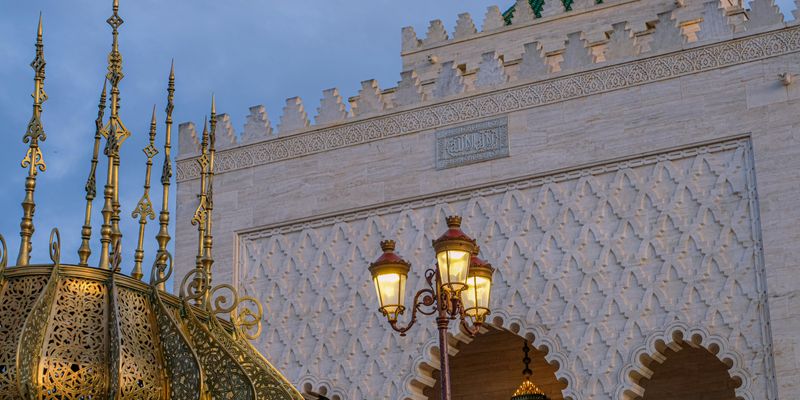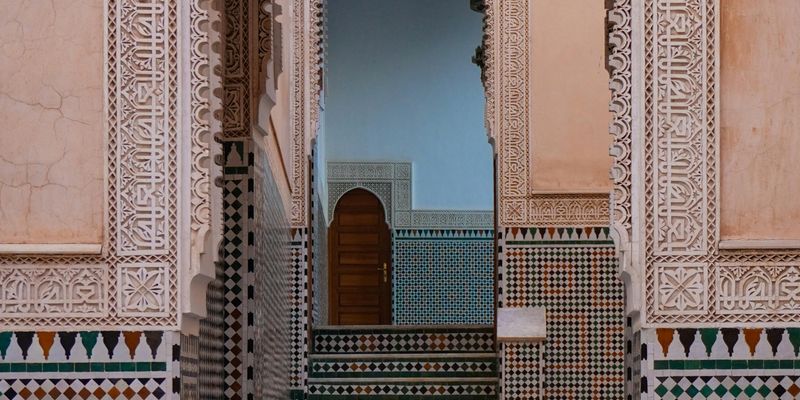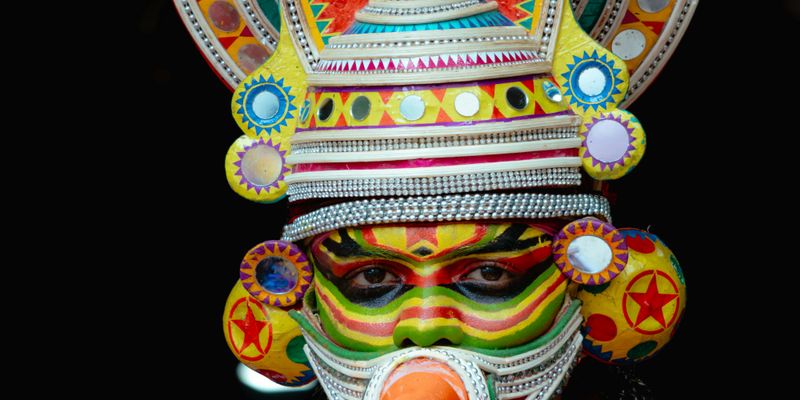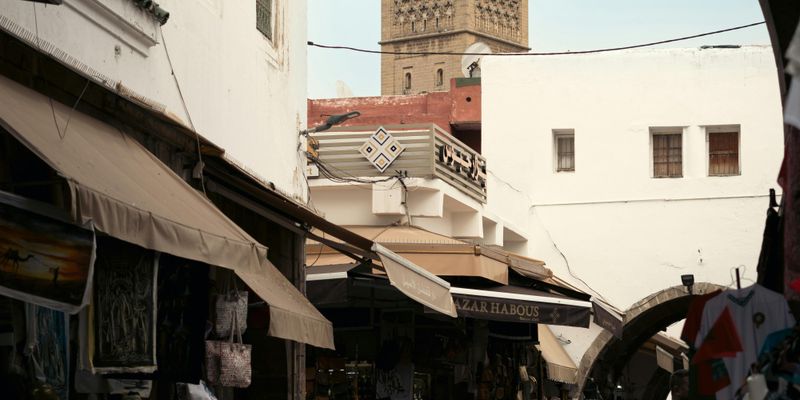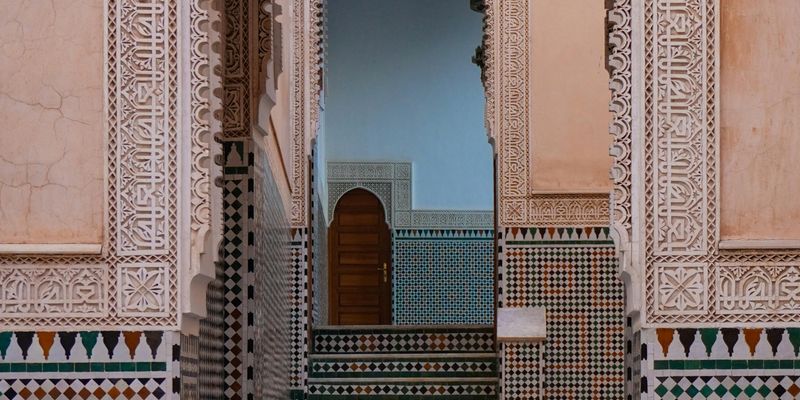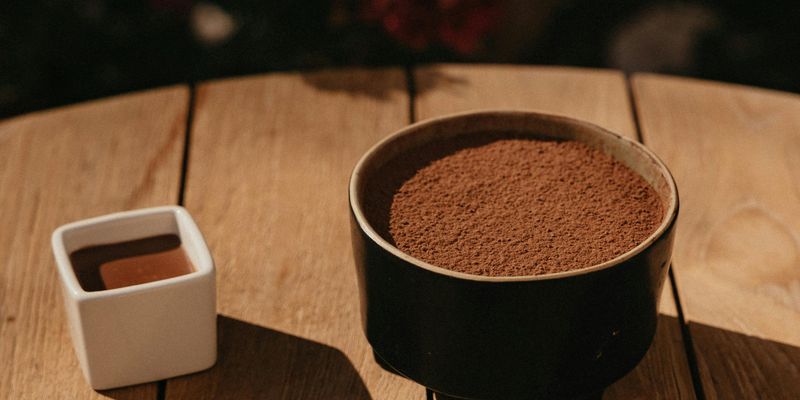
Why Moroccan Cuisine is a Flavorful Journey
When it comes to Moroccan cuisine, the first thing that comes to mind is a kaleidoscope of colors, aromas, and flavors that transport you straight into the heart of our vibrant culture. From the bustling souks of Marrakech to the coastal streets of Essaouira, food in Morocco is not just about nourishment; it’s about tradition, community, and sharing experiences.
A Mosaic of Flavors
Moroccan food has roots that span centuries, influenced by Berber, Arab, Mediterranean, and even sub-Saharan African culinary traditions. One cannot visit Morocco without tasting the iconic tagine, a slow-cooked stew named after the earthenware pot in which it’s prepared. Each region boasts its own specialties—whether it’s the savory lamb tagine with prunes from the Atlas Mountains or a fish tagine from the coastal towns.
Spices that Tell a Story
What really brings Moroccan cuisine to life is the aromatic spices. A typical spice blend, known as ras el hanout (which literally means "head of the shop"), can contain over 30 different spices! Cumin, coriander, saffron, and cinnamon harmonize not just to flavor the food but to tell a story of Morocco’s history as a crossroads of trade and culture.
More than Just Ingredients
Eating in Morocco goes beyond just the food itself; it’s a cultural ritual. Meals are often shared around a large plate, and you’ll usually find that it’s customary to eat with your right hand. As you dig into the meals, the warmth of communal sharing fosters a sense of belonging and friendship. My very first experience sharing a meal of couscous on Friday—the Islamic holy day—was unforgettable. Surrounded by family, laughter, and, of course, delicious food, it felt like an embrace of tradition.
The Sweet Side of Morocco
No Moroccan meal is complete without dessert. The sweet treats range from delicate pastries like baklava, layered with nuts and honey, to the ceremonial mint tea, which is often referred to as the "drink of hospitality." The process of pouring this tea from a height builds anticipation and excitement, and it’s a ritual that represents friendship and hospitality.
Exploring More in Culinary Travel
For those who wish to dive deep into Moroccan flavors, culinary tours are a fantastic way to explore the country. Courses that teach you how to make traditional dishes, often held in local homes, allow you to understand the nuances behind the recipes while connecting with the local people.
Join the Flavorful Journey!
Moroccan cuisine truly encapsulates the spirit of our rich culture—a flavorful journey that connects both the past and present, leading you through bustling markets and tranquil sunsets. My invitation to you is to embrace the experience of not just tasting, but participating in the culinary traditions of this magical country. When you savor Moroccan food, you are tasting a piece of our identity—one that is savory, sweet, and always shared with love.
